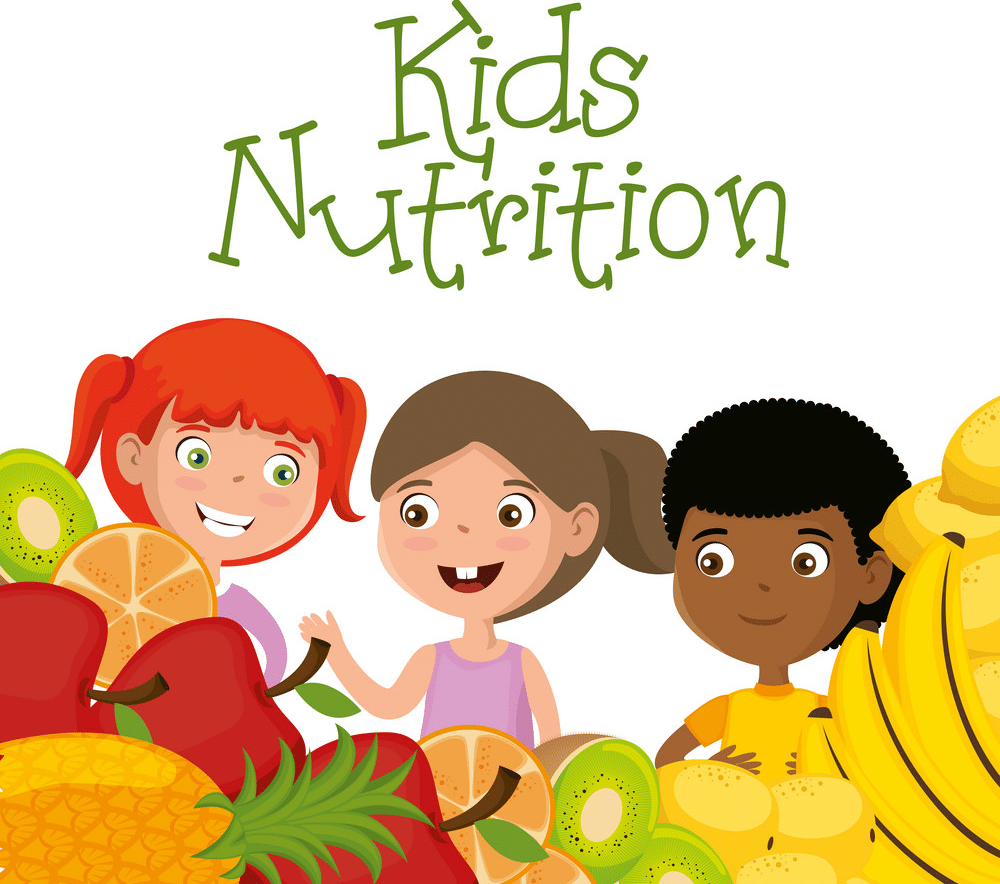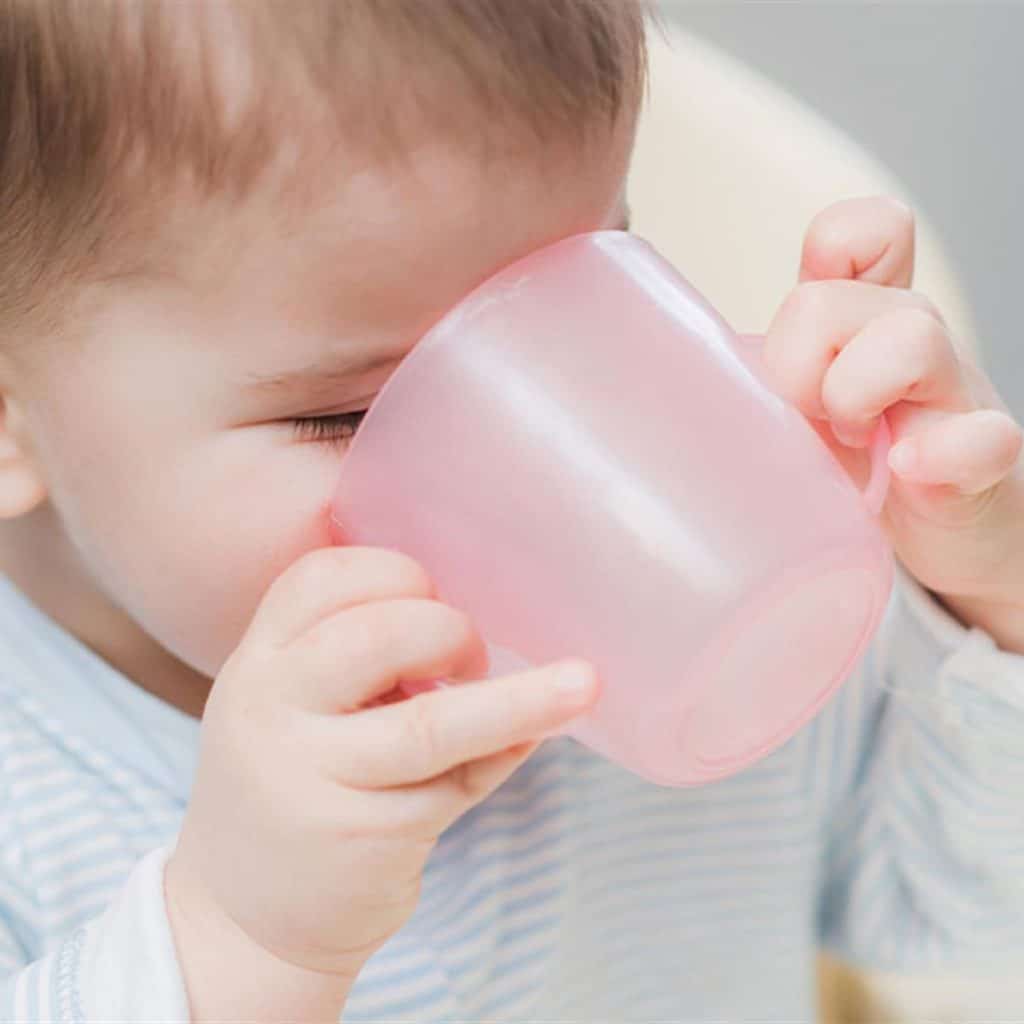As a parent or caretaker, you have a big part in teaching your kids how to make good decisions about their healthy eating and making good decisions with them. There are so many messages about vitamins that it can be hard to figure out what to do. Medical pediatric dietitian and nutritionist Venus Kalami, MNSP, RD, CSP, works at Stanford Medicine Children’s Health. She breaks down some easy things you can do to help your family start eating well.
Pay attention to how much you enjoy meals.
Instead of restricting what we eat, Kalami says we should focus on having a healthy relationship with food. She tells Mom and Dad to change the way they think about meals. Some of the false information about vitamins that we may unintentionally pass on to our children comes from advertising and the weight loss plan culture (in a nutshell, the main goal of everyone on a weight loss plan is to lose weight). You can help your family develop healthy habits by shifting this focus and embracing the enjoyment of all kinds of food.
“As a society, we tend to focus on things we should limit, like sweets or salty snacks, and it’s not good for our minds to be so negatively and fearfully wired around meals,” she said. I think we can have a healthy diet and way of life if we focus on balance, variety, and a healthy relationship with food instead of giving unhealthy snacks and sweets extra attention. This way of life and diet will allow for some treats. ? We can help break the cycle and raise a generation of healthy, happy eaters by keeping it about balance, positivity, and satisfaction.

Take some time for breakfast.
An extended night’s sleep might be good for you, but all those hours of fasting and healing the body could mean less energy in the morning, especially for kids who are growing. They get the energy to play and learn from breakfast because it gives their bodies what they need. Kalami suggests giving a meal that is well-balanced with protein, carbs, healthy fats, and fruit or vegetables. It might be something as simple as avocado toast with an egg, tofu soup with noodles, or Greek yogurt with fruit and oatmeal.
“Eating breakfast is especially important for young children, who are going through more frequent periods of fast growth,” Kalami said. “But honestly, breakfast is still important for everyone, even adults, because our bodies are constantly changing and shifting. Starting the day with a healthy, energizing breakfast helps everyone succeed by giving us energy, stable blood sugar levels, and a more stable mood.”
Kalami says to always have a family meal ready to go when it’s possible. Eating with other people has been linked to many positive health effects. Still, there’s no wrong way to eat breakfast, whether it’s hot or cold, or even when you’re on the go. Calami said, “Breakfast doesn’t have to be the first thing in the morning, and it doesn’t even have to happen at home.” “Most of the time, life is so busy that breakfast happens when the kid gets to school, and that’s fine? Excellent doesn’t have to be the enemy of excellent.”
Help your child pay attention to their body.
You might want to beg your baby to eat another bite of peas, but mealtime is a good time to let kids listen to their bodies. Kalami said that most kids are very good at controlling their lack of food and desire to eat. In other words, they’ll eat the right amount of food on their own. To make sure their kids are eating enough, parents don’t have to count calories or ask for “just one more chew.” Instead, they can look for other signs.
“Luckily, there are more holistic signs that tell us if a baby is eating properly, such as their strength, ability to focus, endurance and stamina, mood stability, going to the bathroom often, and steadily rising and gaining weight,” she said. “If one or more of these domains are “off,” that tells suppliers they need to do a little more research to make sure a baby is eating and eating enough.”
Keep your baby drinking.
It might not be easy to get kids to drink enough water. Kids may not be able to stop and get a drink when they are playing hard or playing sports because they are too busy. For teens and young adults who don’t like drinking water, Kalami suggests finding fun ways to get them to drink more.

She told them, “To get them excited about drinking more water, I want to suggest getting a fun and cute water bottle that they’ll enjoy drinking from.” “Changing the name of the product to something like “sparkly mint water” instead of “water with added mint leaves” might help spark their interest and amazement, which will make them more likely to drink water regularly.” Also, if it makes sense from a developmental point of view, telling them that staying hydrated will help them “crush” their sports performance (or any other activity they enjoy) is often very motivating!
Help your child become independent.
One of the best ways to help kids develop healthy eating habits is to encourage them to be independent. According to Kalami, it makes kids more likely to participate in and keep up healthy eating and living habits. Even toddlers can help prepare meals by washing fruits and vegetables, tearing up lettuce, or just standing and safely watching what’s going on in the kitchen. As kids get older, they often care more about picking out recipes, helping with grocery shopping, and making ready-made meals.
“It could be very helpful to get together a few times a week to quietly come up with some ideas, go grocery shopping together, and put together meals ahead of time,” Kalami said. “Going grocery shopping is a great activity that kids can do outside of the kitchen and at the dinner table that helps them have a good time overall.”
She suggests setting loving limits and gently guiding kids to make good choices, like picking fruit, a protein, and one “enjoyable” meal to make sure there’s a balance of fun and nutrition, while also teaching them how to make balanced meals to fuel all their fun.
Help kids with their medical diets.
For kids who have food allergies, intolerances, or special medical diets, it is still possible for them to eat well and have a good relationship with food with some planning and communication ahead of time. A lot of the problems happen when people drink outside of their homes, like at school, at events, and during the holidays.
“Talk to other people, make a plan, do your research, have a backup plan, and do your best.”? Kalami said, “As you gain more experience, you get better at navigating all the social situations that involve food.” “The objective is to be involved in everyday life as much as possible! In the end, these medical diets are meant to keep kids healthy so they can live their best lives and never revolve around their diet.
Get together
Developing healthy eating habits as a child can help them throughout their lives. You don’t have to do it by yourself, even though it might feel like a lot of work. Kalami tells families that if they have questions about vitamins, they should get help from a professional. “You don’t have to wait until you might be having a problem with food to see a dietitian,” she said. Dietitians can help people, especially kids not only figure out how to take their vitamins, follow a healthy eating diet, deal with medical food restrictions, get dietary supplements, and more, but they can also help people change their habits to make healthy food choices and live healthier lives.
